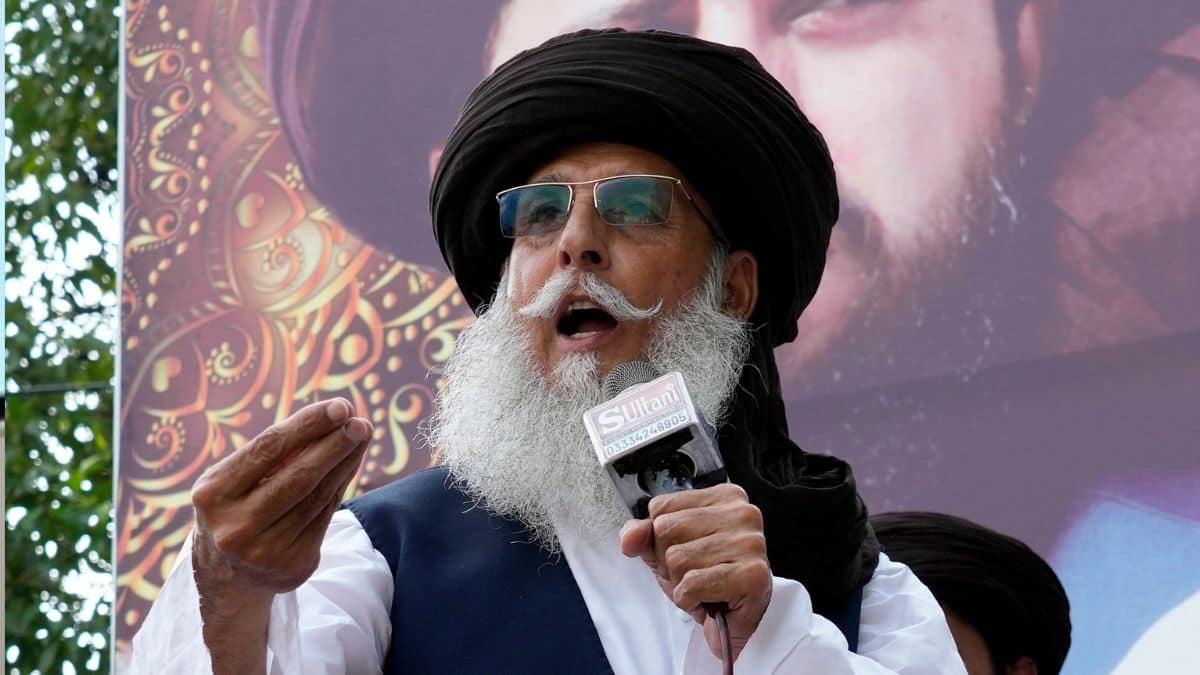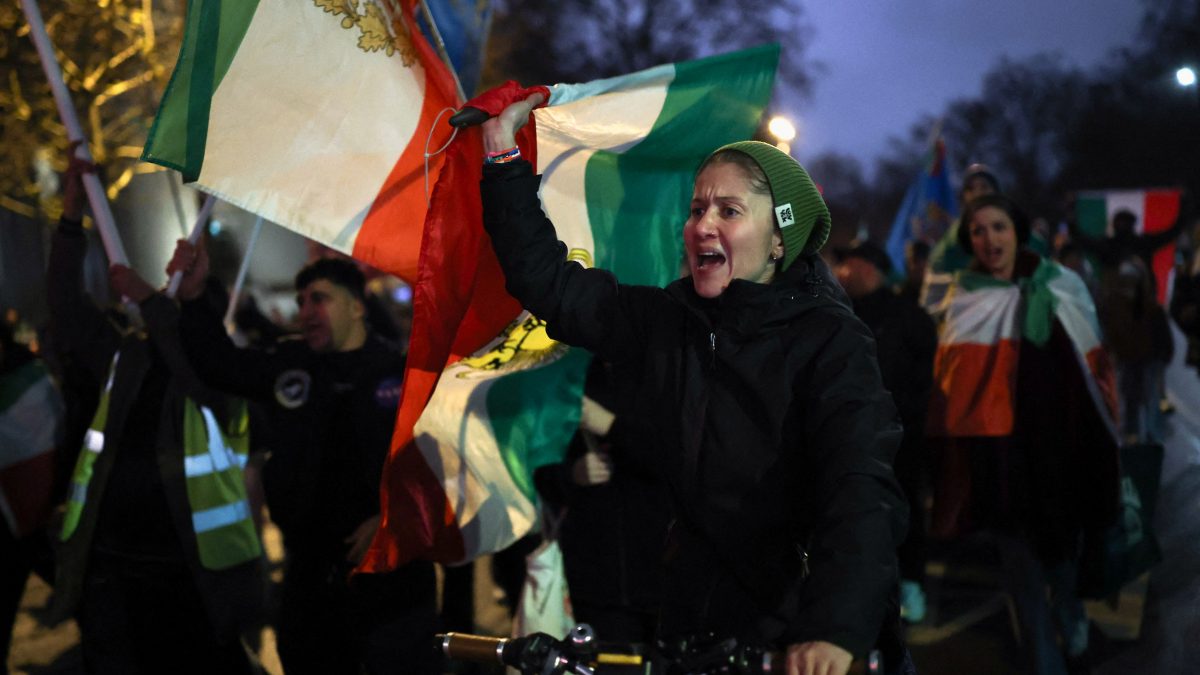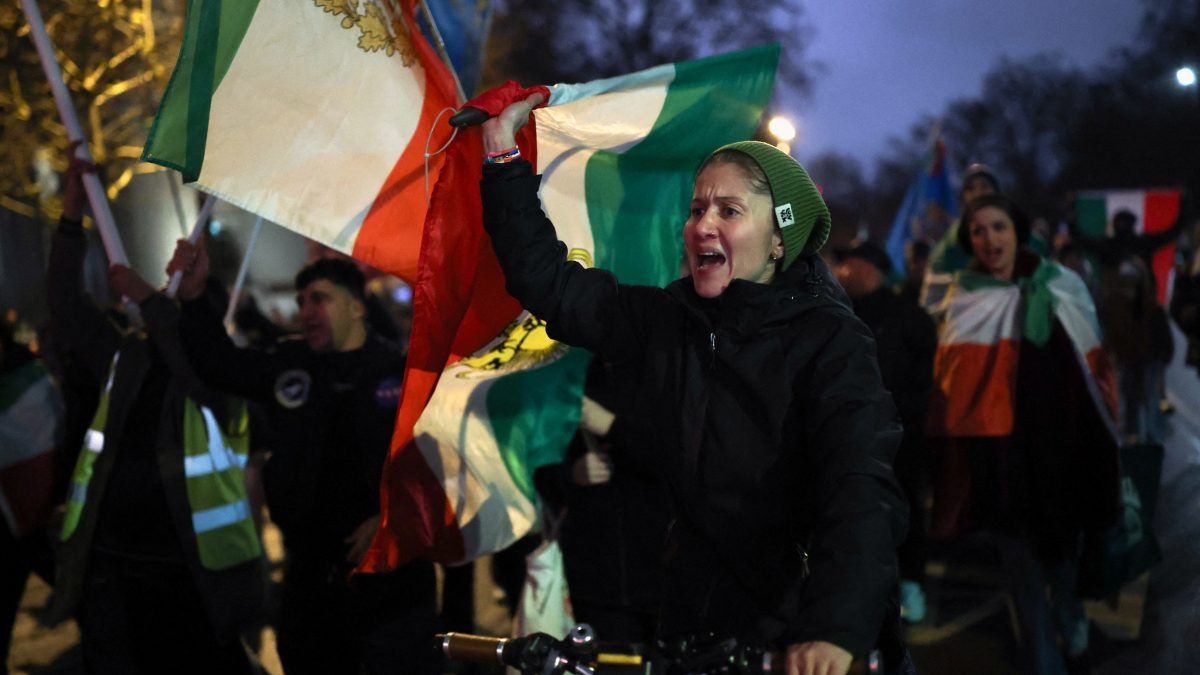Holding millions hostage to its recommendation algorithm, Netflix has made its subscribers emotionally indebted to its programming. The global success of Money Heist (La Casa De Papel) is essentially a case of streaming Stockholm Syndrome. It is an example of how the streaming giant has disrupted the market. You would not have imagined the show would have screened outside of Spain a decade ago. Now, it is one of Netflix’s flagship originals being watched by 167 million subscribers in over 190 countries. The streaming service has played a large role in helping audiences overcome that “one-inch tall barrier of subtitles”, as Bong Joon-ho put it.
What was originally a limited series of 15 episodes on the Spanish channel Antena 3 was licensed and re-cut by Netflix into 22 shorter episodes. Money Heist is hardly what you would call “prestige TV.” But it is certainly more accessible than Babylon Berlin or Tabula Rasa, and its pacing ensures you are glued to the screen. Thus, the organic word-of-mouth success was eventually followed by a surfeit of media attention, with a boom in memes and merchandising.
Netflix’s most popular non-English-language original returned for a fourth season, and again had the viewers hooked with its high-stakes drama. The stakes sure have risen with each season. The story began with a group of thieves, all nicknamed after major cities (Tokyo, Moscow, Berlin, Nairobi, Rio, Denver, Helsinki, and Oslo), attempting to pull off a €2.4 billion heist at the Royal Mint of Spain in Madrid. They are puppeteered by a charismatic leader, nicknamed the Professor, who directs the whole operation from outside. He seems to have foreseen almost ever mishap and devised an alternative for even the most impossible circumstances. He even begins a love affair with Raquel Murillo, the police officer in charge of negotiations, who switches sides at the end. Despite a few tragedies along the way, they do pull it off before going their separate ways.
But they reunite after Rio gets arrested, at the start of Season 3, and execute a new raid, this time at the Bank of Spain, to free him. Enlisting three new members (Bogotá, Palermo and Marseille), the Professor devises another plan down to the last detail. Rio is released but things go downhill from there: Nairobi is shot by a police sniper, and the Professor is duped into starting a war he cannot possibly win.
Games
View AllThe makers of Money Heist are not really striving for credibility or authenticity. If you have seen Season 4, you know Nairobi survives the gunshot, and the Professor manages to arrange a truce with the police. But the rise of a new enemy within its ranks threatens the gang’s future.
A large part of the appeal lies in treating the gang not as mere thieves, more as Robin Hoods — as rebels taking on the State. These are men and women abandoned by the government and its politicians picking pockets of the common man to fill their own. The character backstories, presented in flashbacks, reveal their reasons for undertaking this high-risk project: The Professor orchestrates the heist in homage to his father, who tried to rob the Mint to save his sick son Berlin, but lost his life during the heist; Nairobi’s motivations are maternal. These thieves are thus shown as more empathetic figures than the banks which court the government for bailouts, and the corporations courting for subsidies. The idea is they are not robbing the public but the government by printing money and distributing it among themselves. Of course, the show is not clever enough to consider the impact of inflation on the country’s economy, and by extension, on its population. It simply has fun with the idea of sticking it to the man.
Creator Álex Pina embraces the spirit of revolution at a time when governments and the administrative classes continue to discredit the power of protest. Dressed in red jumpsuits (akin to prison uniforms) and wearing Dali masks (which becomes a symbol of dissent akin to the Guy Fawkes mask), they represent the marginalised underclass. With each season, as the police and the government begin to enforce stricter measures to capture them, the revolutionary elements become stronger and clearer. They even sing ‘Bella Ciao,’ the Italian folk song which has turned into a global anthem of freedom and anti-fascist resistance. So instead of condemning them, you end up cheering for them. In the Season 4 finale, the Professor executes the Paris Plan to essentially bring down the Spanish government. It reflects an anti-authority sentiment not just prevalent in Spain or Europe but most countries where the disparity between the rich and the poor continues to grow.
Anyone familiar with heist dramas knows the thrill lies in watching a gang of thieves formulate sophisticated plans, and the tension lies in the unforeseen complications that threaten disaster as they enact them. There is a comfort of predictability even to the occasional twist. Money Heist does not reinvent the wheel but simply blends tropes from films like the Ocean’s trilogy and Inside Man, and shows like Prison Break and 24. It also adds to the suspense by including a cliffhanger at the end of almost each episode. More often than not, they are either a red herring or a twist that the Professor had somehow already foreseen in his uber-complicated plan.
The gang seems straight out of a comic book. The members complement each other in terms of skills but their different personalities make for a volatile combination. There is interpersonal drama in all forms: in Tokyo’s power struggles with Berlin in the first two seasons, and Palermo in the recent instalment; the cat-and-mouse chase between the Professor and Raquel; the father-son relationship between Moscow and Denver; and Rio’s romantic relationship with Tokyo.
There is plenty of romance and the resultant melodrama to go around too. A hostage (Monica) falls for her captor (Denver), and earns the apt nickname, Stockholm. A cop (Raquel) falls for the criminal (the Professor), and becomes Lisbon. Both even go on to become the gang’s accomplices. However, the bickering and power dynamics between the thieves, hostages, and cops do get tiresome real soon.
With its betrayals, will-they-won’t-theys, and heroic acts of self-sacrifice, Money Heist slips in and out of a fairytale. With each season, the events unfolding seem less believable, the characters’ motivations less convincing. We are at a stage where some might think it has clearly overstayed its welcome. But most are already discussing theories on what the Professor and his gang have in store, come Season 5 — and it is understandable. It is bingeable escapist fantasy, a cultural currency of high value, especially in times of self-quarantine.
(Click to follow LIVE updates on coronavirus outbreak)


)

)
)
)
)
)
)
)
)



